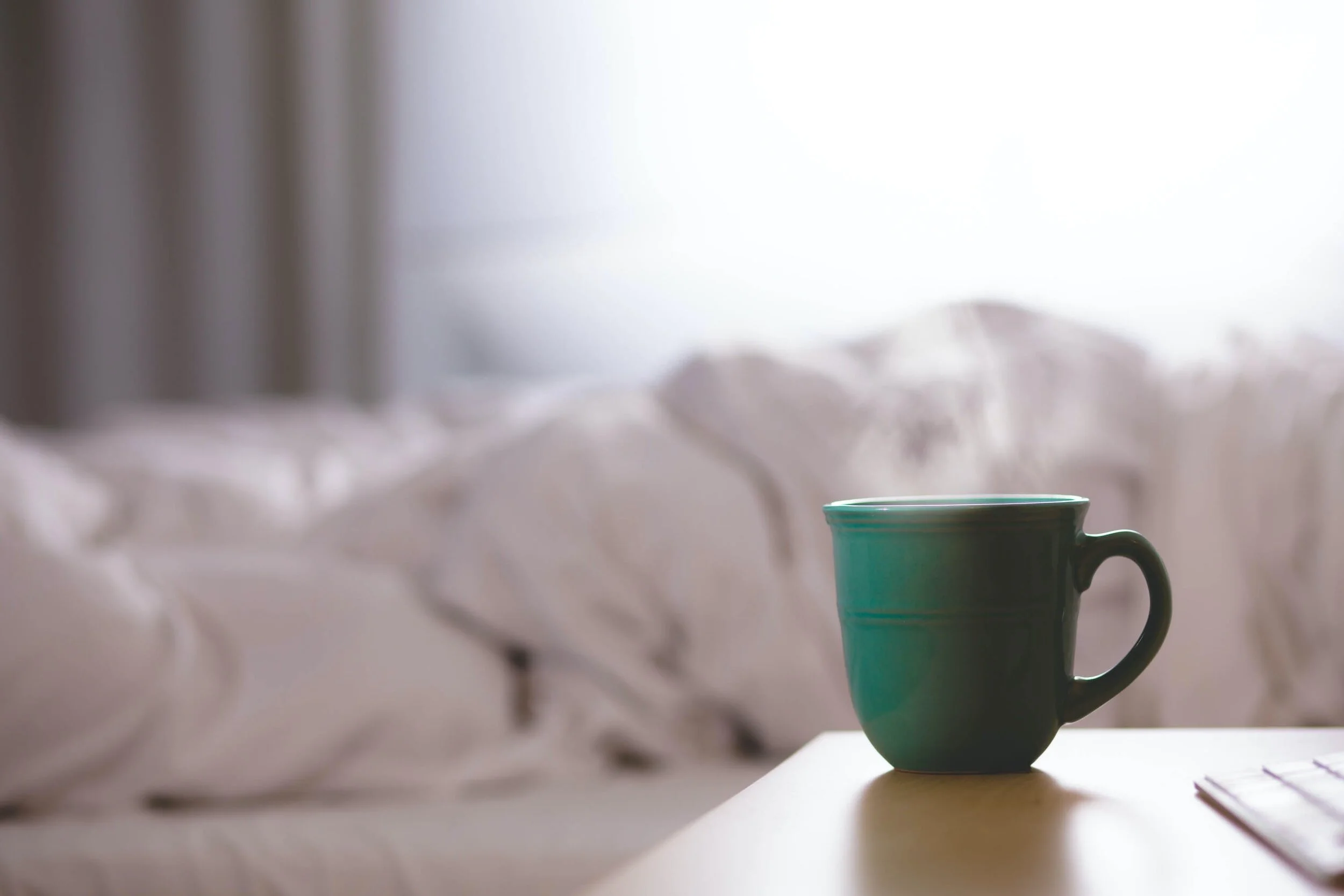Recovering from Illness: An Integrative Perspective
Guest Blog by Dr. Malathi Acharya
Today, I write to you not just as a physician but also as someone who has walked the tightrope of illness and recovery, buoyed by modern medicine and integrative therapies alike. The last few days have been a humbling experience, as both my husband and I navigated our way through a bout of COVID-19.
The Last Few Days: A Personal Journey Through COVID-19
We are ever so grateful for the vaccines and booster shots, which equipped our bodies to fight against more severe outcomes. Yet, while my physical symptoms are lessening, the journey to full recovery is a complex landscape that has reminded me of the nuances of well-being beyond just "fighting off a virus."
The Complexity of Recovery
Illness doesn't just pause life; it sometimes feels as though it throws a wrench into a well-oiled machine. Amid symptoms, we're still navigating work, home, and personal commitments. This complex tapestry underscores the need for an integrative approach to wellness.
Following are the Key Elements to Recovery:
Nutrition: Your Body's Fuel
Fruits, vegetables, and proteins such as lentils and beans are your best friends during this time. They're packed with micronutrients that fortify the immune system. Use spices like nutmeg, cinnamon, turmeric, and pepper to add a healing touch to your meals. And let's not forget about timing—cap your eating at least 2 hours before bed to help your body focus on recovery during sleep.
Movement: The Gentle Way
Consider incorporating gentle physical activities like stretching, yoga, or Tai Chi. These ancient practices stimulate energy channels in our bodies, promoting healing and vitality.
Restorative Sleep: The Foundation of Recovery
Paying attention to sleep plays an indispensable role in the recovery process. As you move towards healing, resuming a structured bedtime routine can serve as your cornerstone. Incorporate elements like brief meditation, breathing exercises, or a warm cup of herbal tea—lemon balm tea is particularly beneficial—to psychologically prepare yourself for a restful night. Additionally, limiting bright light exposure closer to bedtime sends a clear signal to your body that it's time to wind down and recharge. By fostering these habits, you set the stage for a night of rejuvenating sleep that is essential for complete recovery.
Mental Wellness: The Silent Healer
This is perhaps the hardest yet most crucial part of the recovery process. When our energy levels are depleted, our mental defenses are down, making us vulnerable to the whirlpool of negative thoughts and self-doubts. This mental burden can be even more intense when we're away from work and grappling to regain a sense of normality.
Being cognizant of these mental traps is the first step towards resilience. Techniques like practicing self-compassion can serve as a countermeasure, helping you pivot away from debilitating thought patterns. Additionally, simple tools such as focused breathing exercises and meditation are invaluable in countering the stress that accompanies illness. These practices not only trigger the relaxation response but also have a direct impact on physical well-being. Ignoring this mental wellness aspect can unleash a chain of physiological repercussions that can further impede recovery. By actively tending to our mental landscape, we're not just healing emotionally but also setting the stage for a more holistic and effective physical recovery.
Restoring Daily Rhythmicity: Another Key Element
Consistency is king when you're on the road to recovery. Imagine your day as a well-oiled machine: Wake up at the same time every day to sync your internal clock. Catch some morning rays for a natural energy boost. Ease into the day with a quick mindfulness session to clear the mental fog. Stick to meal times like they're appointments you can't miss; your digestion will thank you. Finally, going to at a regular hour to ensure you're fully recharged for the next day. This isn't just routine—it's rhythm, and it's key to bouncing back stronger than before.
Final Thoughts
Being sick is never easy. But it's in these trying times that we can find a renewed sense of purpose and an opportunity to reassess the role of wellness in our lives. As we walk this path of recovery together, let us continue to support each other and share the wisdom and methods that can bring us all closer to well-being.
Stay well, stay informed, and let's heal together.
Dr. Malathi Acharya is the founder of Ayur Integrative Medicine, where she is passionate about providing integrative medicine consultations to help people take back control of their health.
You are not alone in this journey. If you have concerns about the role of stress in fighting and healing from illness or need guidance, schedule a free discovery call with Dr. Sanjana Karim. Click here to find out more about Peace Tree Mental Health.
Disclaimer: The content on this site offers information for general knowledge and is not a substitute for professional medical advice, diagnosis, or treatment. Always consult your doctor for personalized guidance on your medical needs. The information on this website does not create a physician patient relationship between you and any of the physicians on this site.








